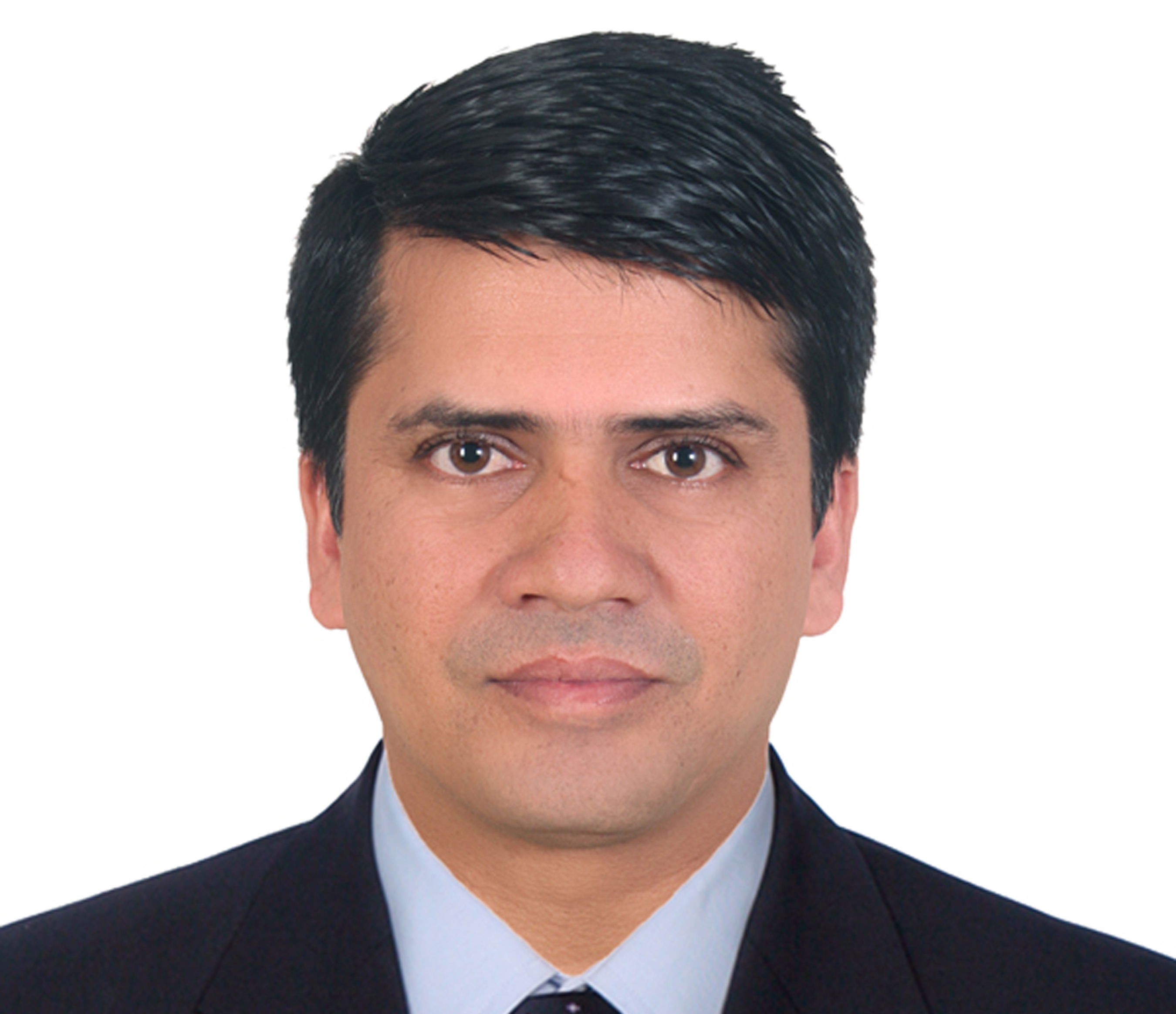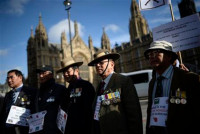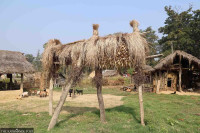National
Palpa local units implement plan to turn private schools into community bodies
In a bid to reform the school sector, two local units in Palpa have begun implementing their plan to close all private schools and turn them into community schools in their administrative areas so that children from all backgrounds can have access to an education.
Madhav Aryal
In a bid to reform the school sector, two local units in Palpa have begun implementing their plan to close all private schools and turn them into community schools in their administrative areas so that children from all backgrounds can have access to an education.
Purbakhola Rural Municipality and Gulmi Durbar Rural Municipality both initiated the ‘no private school’ plan with the formal start of a new academic session that began on April 15. While all schools in Purbakhola have been merged, in Gulmi Durbar only one private high school has become a public educational institution as of now.
Purbakhola Rural Municipality had five private schools, all up to grade 5, and 37 community schools. All the private institutions have been merged with close by community schools, according to Nuna Bahadur Thapa, chief of the rural municipality. He also added that the private schools based in Jalpa, Birkot and Devinagar have been merged with community schools in their respective areas.
“The private schools are now running under the name of the community schools they have been merged with. The teachers and other non-teaching staff of the private schools conduct classes in their own buildings, now termed as the ‘English block’ of the community school,” said Thapa. Students from the private schools will pay their regular private school fees to the community school it has been merged with for this year.
In Gulmi Durbar, Gaurishankar Boarding High School, a private school, has been merged with local Ishwori Secondary School. “This is the first time something like this is being done. We will gradually merge other private institutions also in the coming year,” said Ashok Kumar Thapa, the rural municipality chief. There are 41 community schools and six private schools in the rural municipality.
A task force under the chairmanship of Thapa had been formed last year to study the feasibility of the merger. On the basis of a report prepared by a five-member committee, and after several meetings held over the issue, the local unit decided to go ahead with the merger. The decision has influenced a total of 585 students and 53 teaching and non-teaching staff in the private schools of the two local units.
“It [merging all private schools to community institutions] is a new practice in the country. The rural municipality decided to provide perks and salaries to the teachers of those merged school through the community schools,” said Mohan Dhakal, the information officer at the local unit.
According to Thapa, the teaching and the non-teaching staff will—starting this academic session—draw their salaries from the rural municipality’s private source fund. “The local body will formulate necessary laws over the matter for next year,” he added.
Purbakhola Rural Municipality has also adopted another reformative step: it has started to provide school education in English medium from the current academic session.
“All the classes from pre-primary to grade 12 will be taught in English within the next 12 years,” asserted Thapa. “We took the decision to impart quality education and bring uniformity in all the educational institutions throughout the local body.”




 8.75°C Kathmandu
8.75°C Kathmandu















